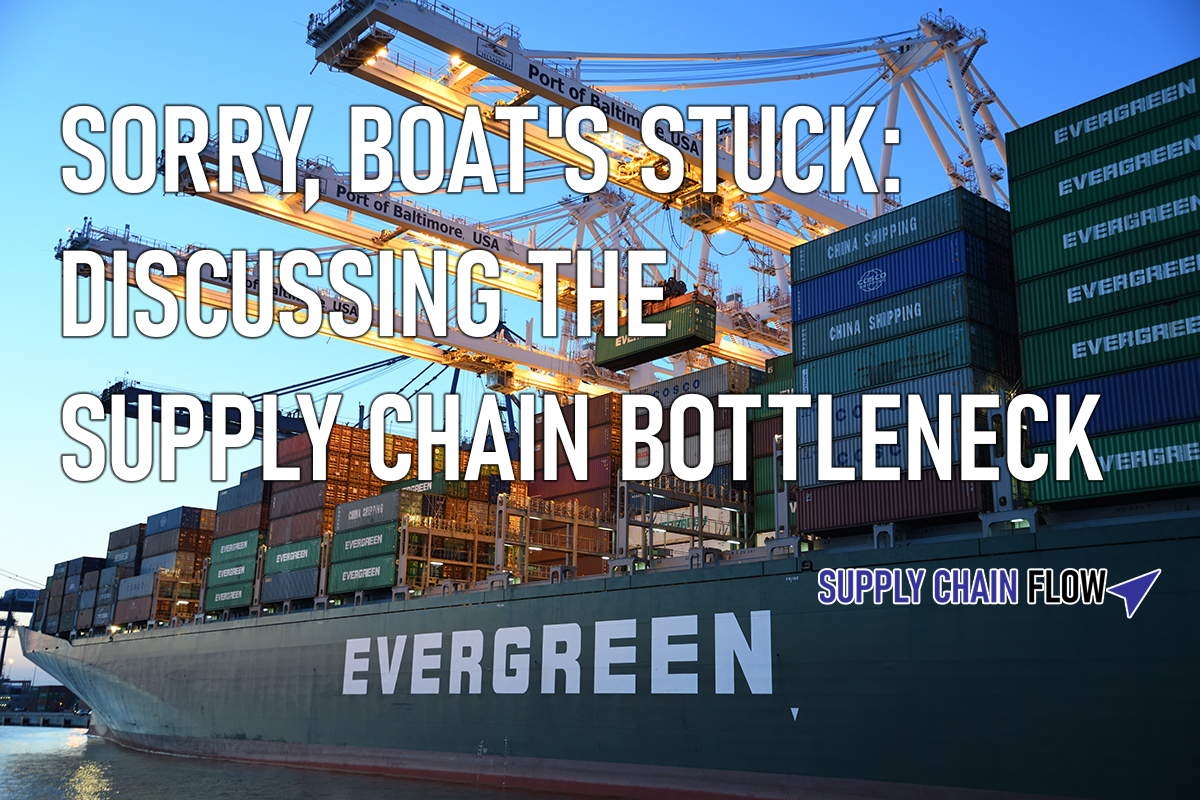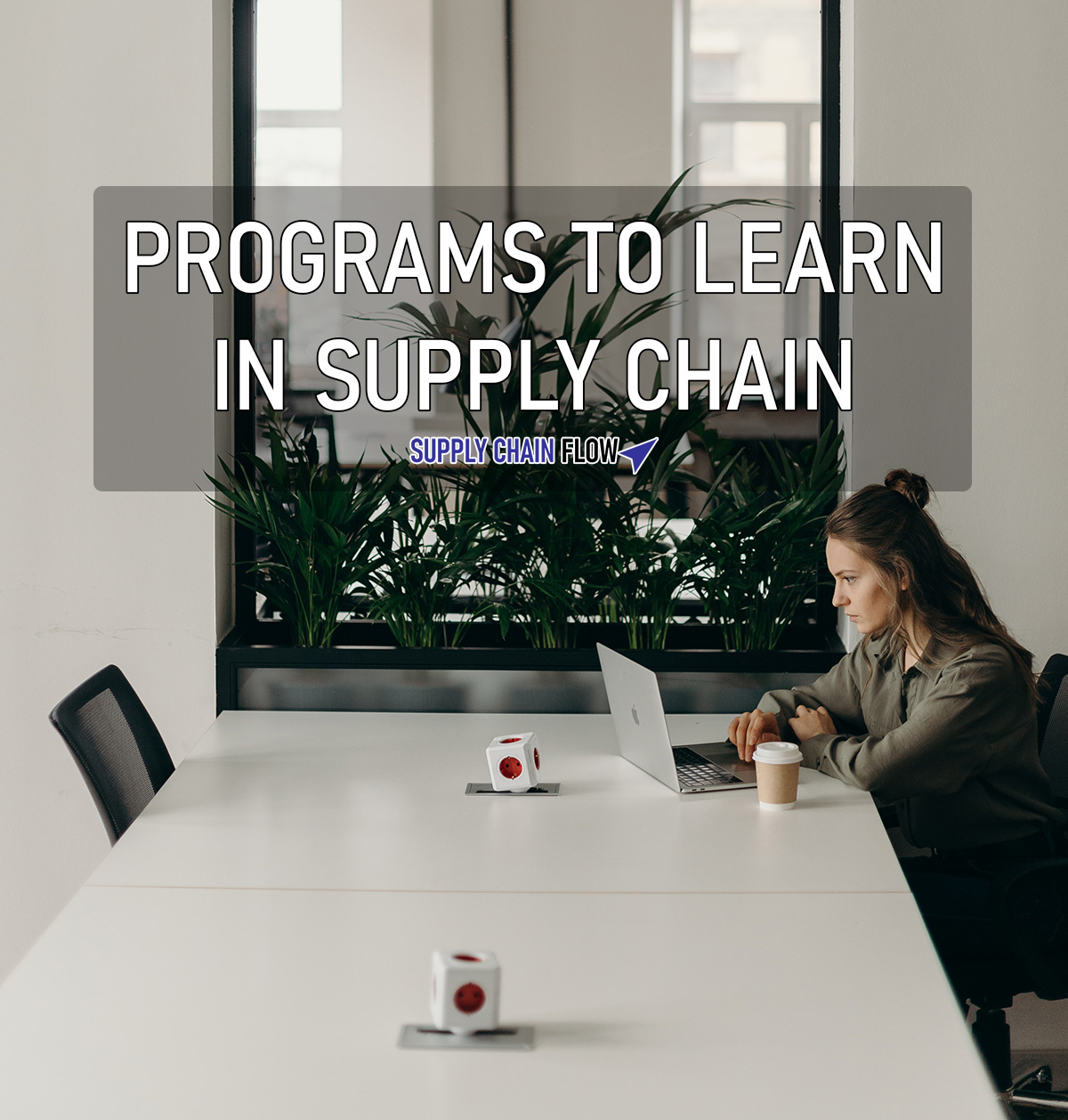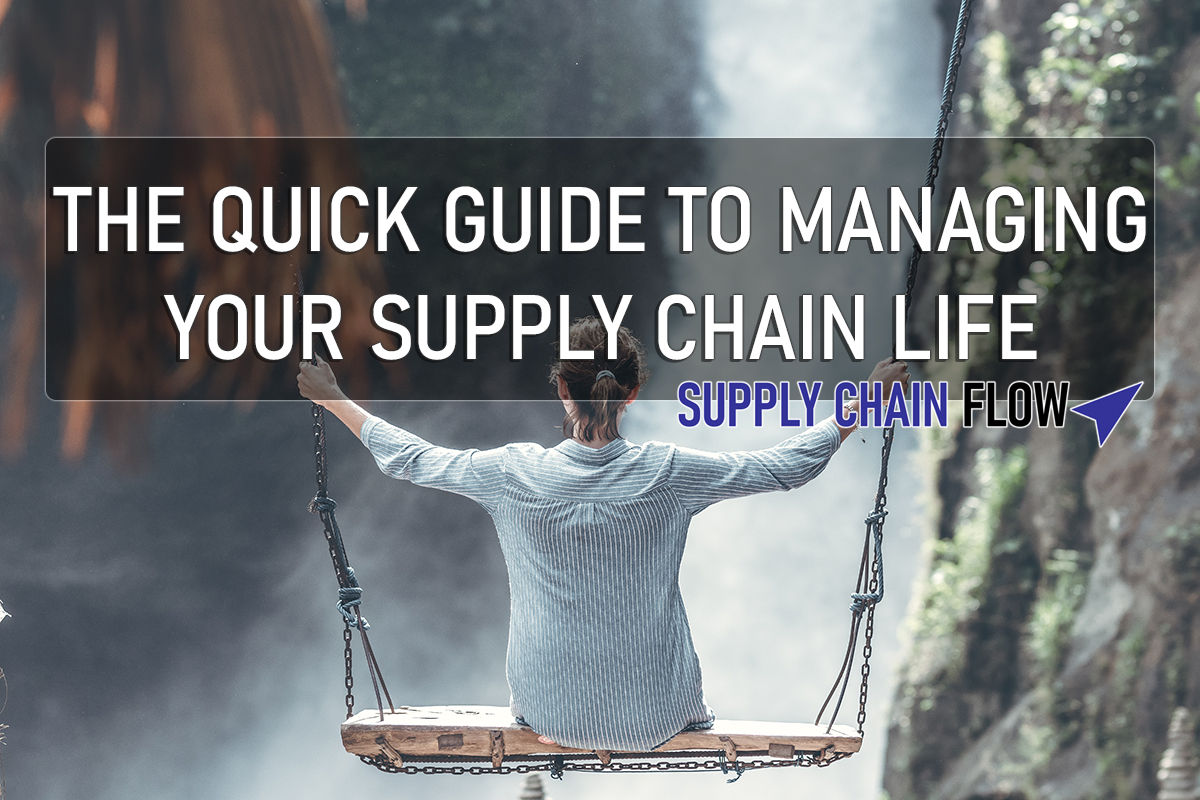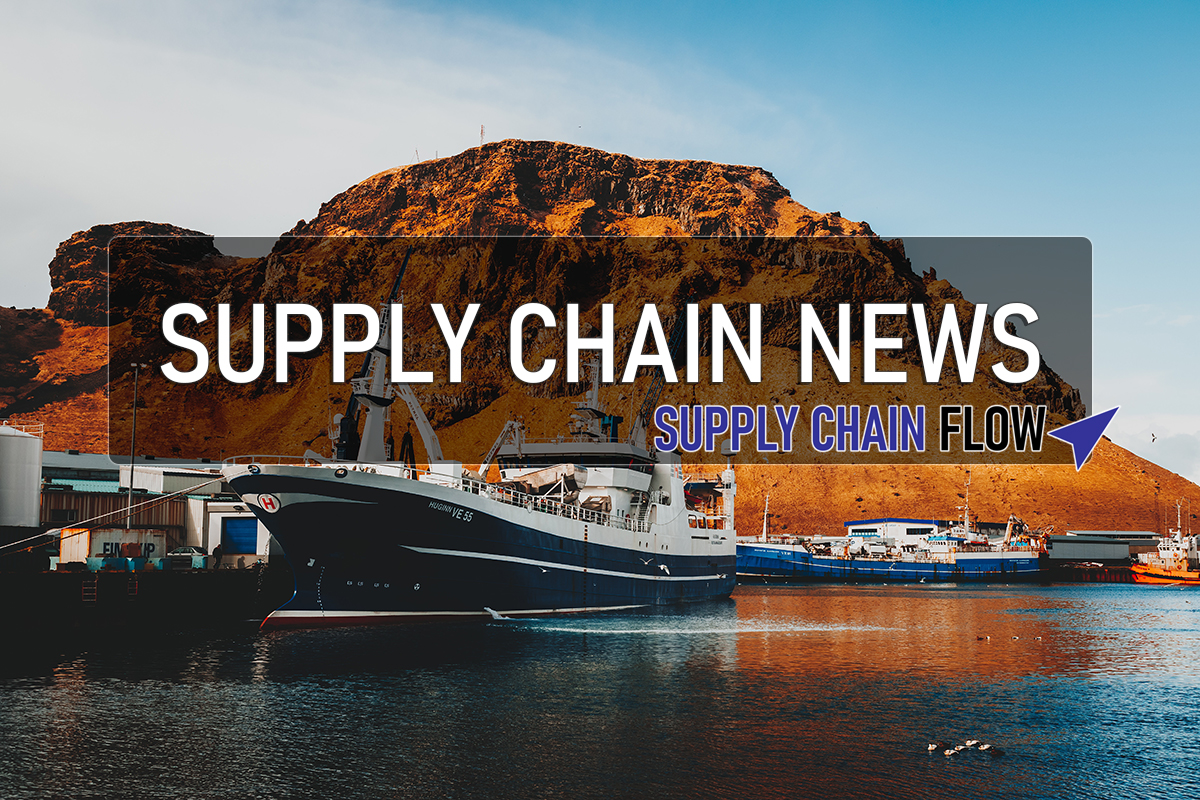Sorry, boat's stuck: Discussing the Supply Chain Bottleneck

Disruptions in ocean transportation have always existed, just not on the scale we're seeing today. As a manufacturer or supplier, now is the time to review where your materials are coming from, and sit down with your transportation team and get the details of the extent of hurdles they're facing.
Most of Ocean transportation is going to be completely outside of your transportation team's control.
They cannot dictate the speed or efficiency of boats, they cannot prevent port closures and port strikes, they cannot predict pr prevent when your ocean containers are subject to customs exams. They certainly cannot predict hurricanes and the extent of their disruption, or "black swan" events - which are becoming more and more severe and common.
What can I do to prevent delays in Ocean Transportation?
Best practices would mean understanding exactly what is in your control. Most often the biggest way you can prevent delays in international shipping is ensuring all documents are available as soon as possible. Talk with your transportation team or freight forwarder; they will be incredibly acquainted with the required customs documents. If your Incoterm agreement determines the transportation will be controlled and managed by your supplier; ensure that they are well acquainted with customs documentation requirement and make sure there is a person dedicated to managing those events.
Just-In-Time is the Old Way
You must identify bottlenecks before they become shutdown events. What components are critical for production? How much safety stock do you have on hand? It's time to sit down and really review what your business needs in order to perform basic functions, and likely increase those inventories. Where do the products source from? USA? Overseas? What's the current transit time for those markets?
A big point is you must now be ordering your containers well in advance. These days this means up to three months prior - you need to have the shipment information as soon as possible in order to even begin the booking process, and even so, space is extremely limited in most markets. Shipment information includes weight, dimensions, hazmat information, and invoices. Again, your transportation team should be able to give you shipping requirements for your organization.
More and more this is creating the need to airfreight containers instead of shipping via ocean. Keep in mind that even airfreight is experiencing unprecedented space constraints as well.
All in all, your transportation team is a vital resource. The time to speak with them is prior to planning your shipment - Figure out what the overall hurdles are and what real-time transit time is going to be. Because things are crazy out there, and changing every week. The transit and planning times from last month won't be the planning times for this month.



